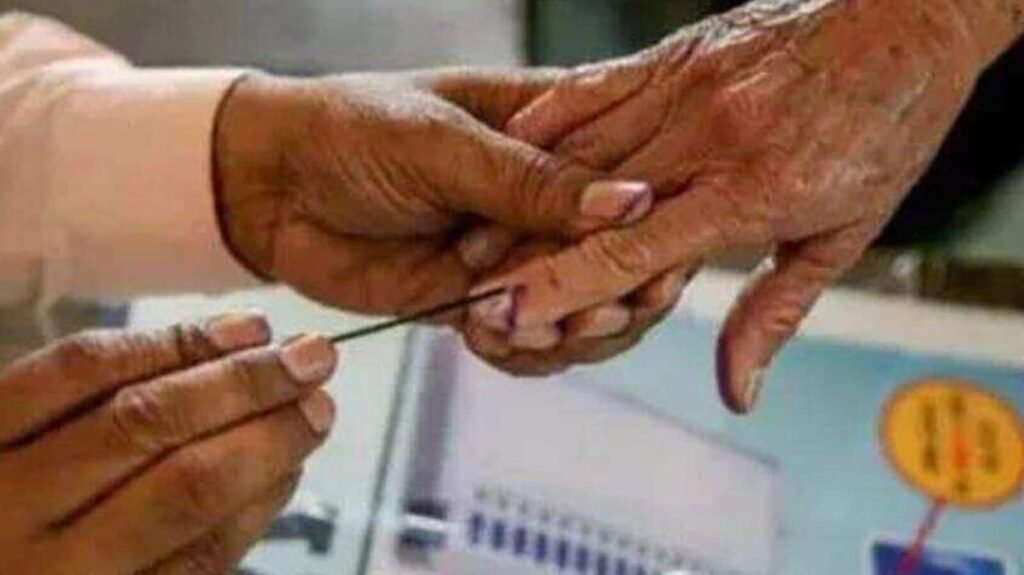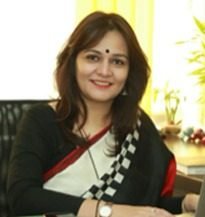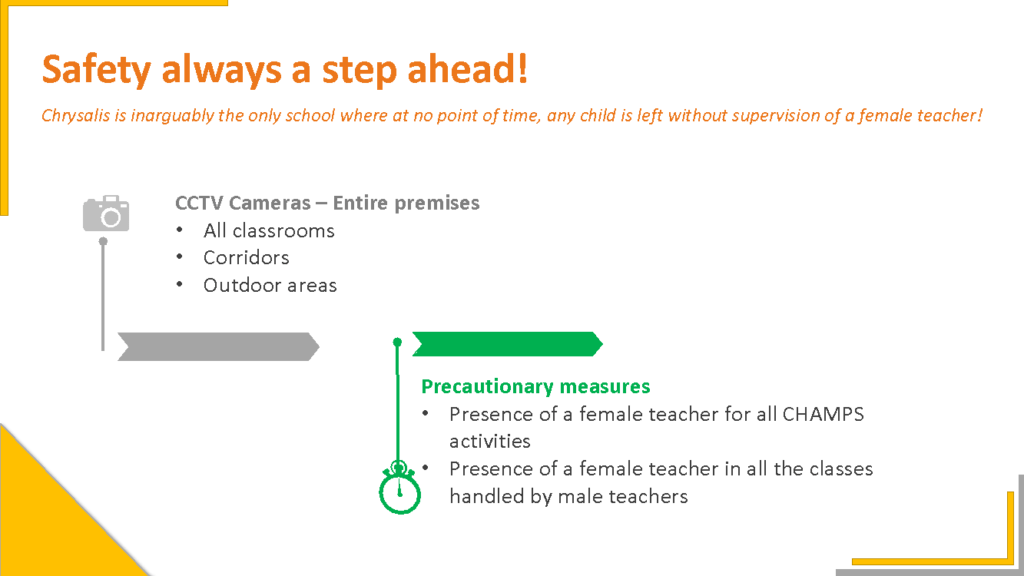
In India, elections are a cornerstone of democracy, ensuring representation and accountability. Explore the various types of elections and their important roles in shaping the nation’s democratic fabric. From parliamentary to local elections, delve into this guide to understand India’s vibrant electoral system.
Lok Sabha Elections
The Lok Sabha elections are the basis of India’s democracy, determining the composition of the lower house of Parliament. This section provides a brief overview of the Lok Sabha electoral process, including eligibility criteria and the election process itself.
Election Criteria
Understanding the eligibility criteria for participating in Indian elections is essential. This section outlines the qualifications and disqualifications for candidates, ensuring a fair and transparent electoral process.
Election Process
Delve into the complexities of the Indian electoral process, from the nomination of candidates to the declaration of results. Gain insights into the various stages involved in conducting elections at both the national and local levels.
Rajya Sabha Elections
Rajya Sabha elections play an important role in India’s parliamentary system, representing states’ interests at the national level. Unlike Lok Sabha members, Rajya Sabha members are not directly elected by citizens but are elected by the elected members of State Legislative Assemblies.
Election Criteria
Candidates aspiring to contest Rajya Sabha elections must meet specific eligibility criteria, including citizenship, age, and residency requirements. Additionally, understanding disqualifications is important for maintaining the integrity of the electoral process.
Election Process
Explore the intricate process of Rajya Sabha elections, encompassing nomination, scrutiny, and voting procedures. This section provides insights into the mechanisms governing the selection of representatives to this crucial legislative body.
State Assembly Elections
State Assembly Elections refer to the electoral process conducted in the various states of India to elect members to the respective State Legislative Assemblies. The Rajya Sabha, or the Council of States, is the upper house of the Parliament of India. Unlike the Lok Sabha, the members of the Rajya Sabha are not directly elected by the people but are elected by the elected members of the State Legislative Assemblies, using the single transferable vote system. One-third of the members of the Rajya Sabha retire every two years, and their seats are filled through these elections.
Election Criteria
The eligibility criteria for candidates contesting in state assembly elections include:
- Citizenship: Candidates must be citizens of India.
- Age: Candidates must meet the minimum age requirement as prescribed by the Election Commission of India.
- Residency: Candidates should be residents of the state from which they are contesting.
- Criminal Record: Candidates must not have any criminal convictions unless they have been granted a waiver by the competent authority.
- Disqualification: Certain individuals, such as government employees and individuals holding certain offices of profit, are disqualified from contesting elections unless they resign from such positions.
Election Process
The elections to the State Legislative Assemblies follow a multi-phase process:
- Announcement of Election Schedule: The Election Commission of India announces the schedule for state assembly elections, specifying the dates for various stages of the electoral process.
- Nomination of Candidates: Candidates interested in contesting elections file their nomination papers during the stipulated period.
- Scrutiny of Nominations: The Election Commission scrutinises the nomination papers to ensure that candidates meet the eligibility criteria.
- Campaigning: Candidates and political parties engage in campaigning activities to garner support from voters.
- Voting: On the designated polling day, eligible voters cast their votes at polling stations established across the state.
- Vote Counting and Declaration of Results: After the completion of voting, the votes are counted, and the results are declared. The candidate receiving the highest number of votes in each constituency is declared the winner and is elected as a Member of the Legislative Assembly (MLA).
- Formation of Government: Based on the election results, the Governor of the state invites the leader of the majority party or coalition to form the government.
Panchayat Elections
Panchayat Elections are vital for grassroots democracy in India, empowering local self-government in rural areas. These elections determine representatives for Panchayats, local governing bodies responsible for rural development and administration.
Election Criteria
Candidates must be Indian citizens, meet age requirements, and reside within the Panchayat’s jurisdiction. They must not have a criminal record and should not hold certain government positions.
Election Process
The State Election Commission announces the election schedule. Candidates file nominations, undergo scrutiny, and campaign. On election day, voters cast ballots, followed by vote counting and result declaration. Elected representatives from the Panchayat, driving local development initiatives.
Municipal Corporation Elections
Municipal Corporation Elections are conducted to elect representatives for urban local bodies responsible for governing cities and towns in India. These elections are pivotal in shaping the administration and development of urban areas.
Elections Criteria
Candidates contesting in Municipal Corporation Elections must meet criteria including Indian citizenship, minimum age requirements, and residency in the municipality they seek to represent.
Elections Process
The process begins with the announcement of election dates by the State Election Commission, followed by candidate nominations, scrutiny, campaigning, polling, vote counting, and the formation of the Municipal Corporation based on the election results.
Presidential Elections
Presidential Elections in India are conducted to elect the President of India, who is the ceremonial head of state and the supreme commander of the Indian Armed Forces. Unlike in a parliamentary system where the head of state is usually a ceremonial figure, the President in India has certain discretionary powers and plays a crucial role in the functioning of the government.
Elections Criteria
The eligibility criteria for a candidate to contest in the Presidential Election include:
- Citizenship: Indian citizenship is required for nomination.
- Age: The applicant must be 35 years of age or older.
- Nomination: To be eligible to run for office, a candidate must receive the support of at least 50 proposers and 50 seconders.
Elections Process
- Nomination: Candidates interested in contesting the Presidential Election file their nominations with the Returning Officer, who is appointed by the Election Commission of India.
- Scrutiny of Nominations: The nominations are scrutinised to ensure that the candidates fulfil the eligibility criteria.
- Election: The President of India is elected by an electoral college consisting of the elected members of both houses of Parliament and the elected members of the Legislative Assemblies of the States and Union territories.
- Counting of Votes: The votes are counted, and the candidate who secures a simple majority of votes is declared elected as the President.
- Oath-taking: The elected candidate takes the oath of office and secrecy, administered by the Chief Justice of India or, in their absence, the senior-most judge of the Supreme Court of India.

Bypoll Elections

Bypoll Elections, also known as by-elections, are held to fill vacant seats in legislative bodies between scheduled elections. They occur when a seat becomes vacant due to various reasons such as a sitting member’s death, resignation, or disqualification. Bypolls are crucial for maintaining the numerical strength of the legislature and ensuring representation for constituents in the affected electoral constituency.
Conclusion
In a vibrant democracy like ours, every vote counts. From State Assembly to Presidential Elections, each election shapes the direction of our nation. Participating in the electoral process is a right and a civic duty. By voting, you have the power to influence policies, governance, and the future of our country. Let’s ensure our voices are heard and our democracy thrives. Exercise your right, and make a difference vote.
Begin your journey of discovery and achievement at Chrysalis High School, where the unique abilities of every student are recognized and nurtured. Our school commits to comprehensive development, encouraging students to excel in academic, social, and emotional aspects. With our dynamic curriculum and innovative instructional techniques, we prepare our learners to confidently face today’s world’s demands with expertise and assurance. The dedication of our teaching team, state-of-the-art infrastructure, and a supportive learning climate ensure that every student finds a place to thrive. Experience the powerful influence of education with us at Chrysalis High School.
FAQ’s:
In India, general elections take place every five years.
Non-resident Indians (NRIs) cannot vote in Indian elections unless they are physically present in their constituencies on polling day.
Individuals can register to vote or update their voter registration through the online portal of the Election Commission of India or by visiting their nearest Electoral Registration Office.


